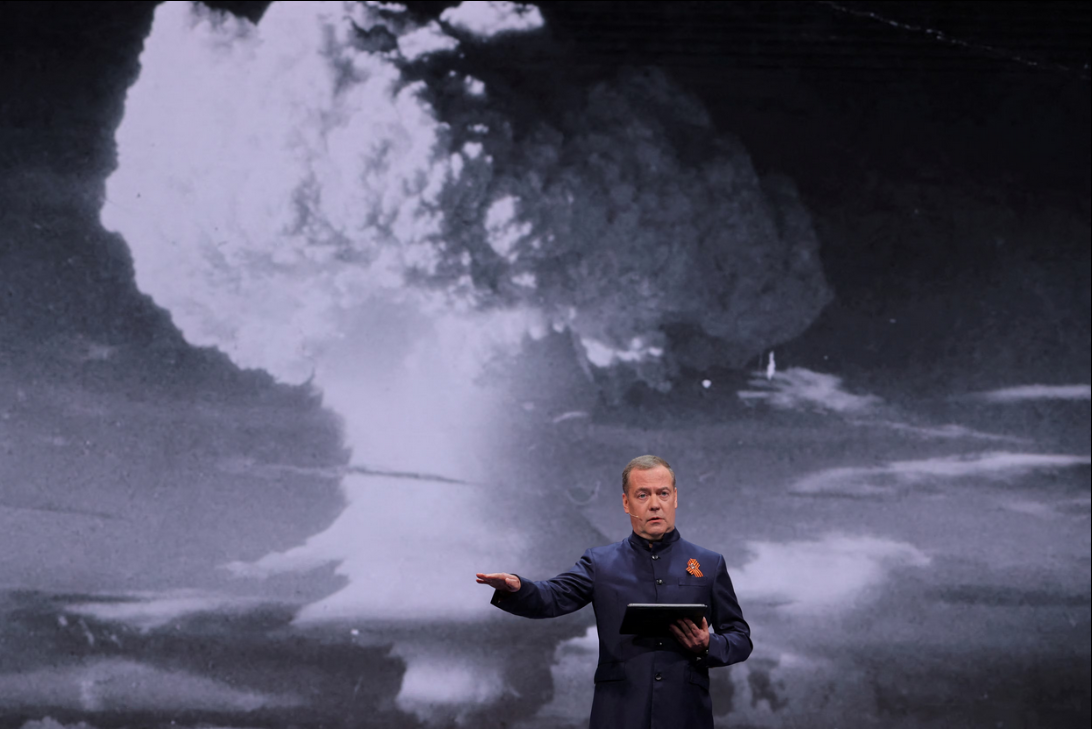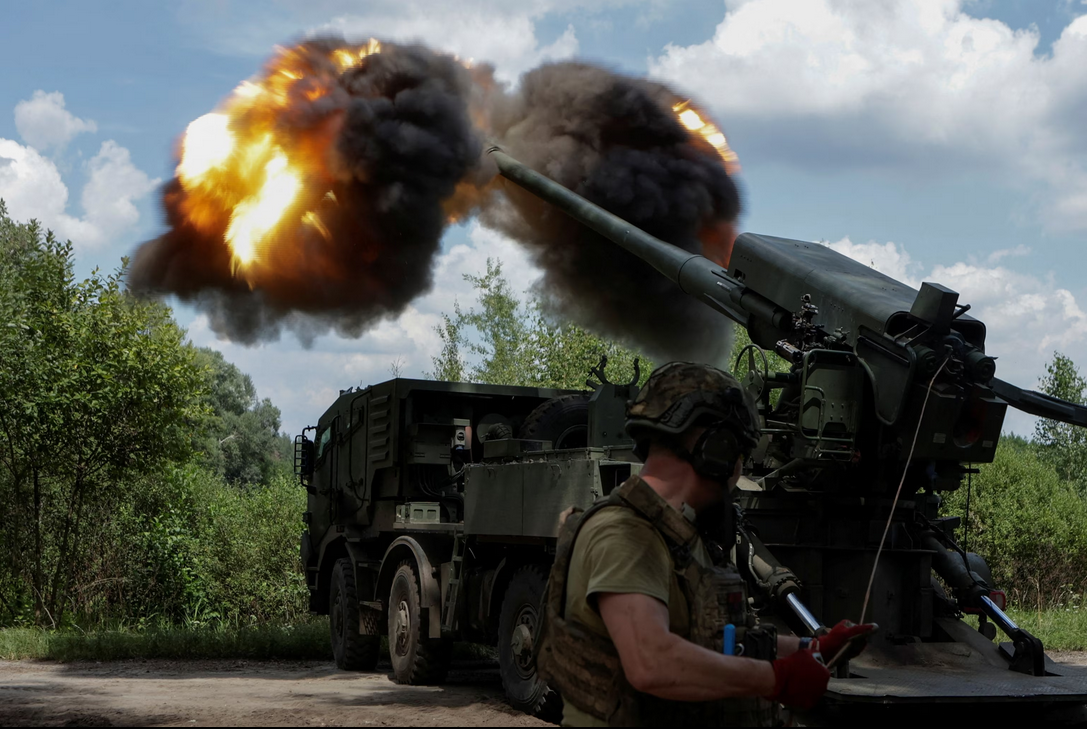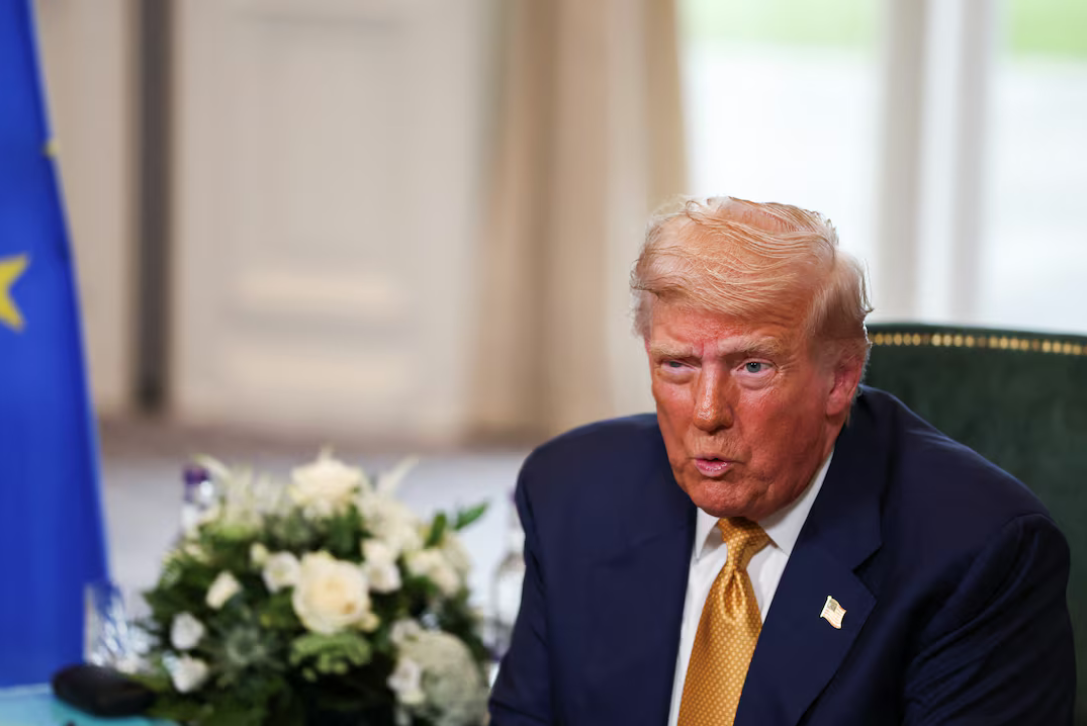In-Depth Report: Russia’s Medvedev Blasts Trump Ultimatum
Trump’s Escalating Deadline
On July 14, 2025, U.S. President Donald Trump shortened a prior 50-day deadline and demanded Russia agree to a ceasefire within 10–12 days or face 100% tariffs on its oil and trade partners. He also pledged to ramp up weapons deliveries to Ukraine and promised Patriot missiles routed through NATO.

Medvedev’s Stark Response
Dmitry Medvedev, Russia’s Deputy Security Council Chair and former President, took to X (formerly Twitter) to condemn Trump’s demand as a theatrical ultimatum, stating:
“Each new ultimatum is a threat and a step towards war. Not between Russia and Ukraine—but with his own country.”
Also reminding: “Russia isn’t Israel or Iran.”
He emphasized that Europe’s aggressive stance disappointed global audiences. Medvedev warned Trump that such provocative political games could backfire—fueling conflict rather than peace.
Kremlin’s Position: Cooler Tone, Firm Resistance
While Medvedev spoke forcefully, the official Kremlin response was more measured. Spokesman Dmitry Peskov acknowledged that Trump’s statements were “very serious” and merited analysis by President Vladimir Putin. Still, officials insisted that Russia “did not care” and would not bow to ultimatums.
Senior Official: No Intimidation
At the same time, Russian Deputy Foreign Minister Sergei Ryabkov reaffirmed Russia’s refusal to be intimidated, stressing that negotiations might continue—but ultimatums are unacceptable.

International Escalation: Airstrikes After Ultimatum
Just hours after Trump’s deadline and Russia’s refusal, Russian forces launched major airstrikes across multiple Ukrainian regions, killing at least 27 civilians—including children and maternity patients. Ukraine condemned the actions as war crimes, and Zelensky called for tougher sanctions.
Reactions From Kyiv and the West
Ukrainian officials praised Trump’s tougher line. Andriy Yermak, Zelenskyy’s Chief of Staff, said: “When America is serious, Russia backs down.” He argued that the ultimatum showed Washington’s determination to cut funding risk for Russia.
Meanwhile, global analysts warned that Medvedev’s rhetoric—suggesting preemptive strikes, calling this WWIII—heightened the fear that nuclear escalation remains possible.
Historical Echo: Medvedev’s Hardline Turn
Once seen as comparatively liberal during his presidency (2008–2012), Medvedev’s stance has grown increasingly hawkish since Russia’s invasion of Ukraine in 2022. As Deputy Security Council Chair since 2020, he has regularly issued aggressive posts—threatening nuclear strikes on the West and ushering in a tone of military defiance.

Timeline Summary
| Date | Event Summary |
|---|---|
| July 14, 2025 | Trump announces liquidity of ceasefire deadline, secondary sanctions threats |
| July 15 | Medvedev calls the single-day ultimatum “theatrical”; Russia unmoved |
| July 28 | Medvedev escalates rhetoric: warns each ultimatum is a step toward war |
| Same week | Russian airstrikes kill dozens in Ukraine; global condemnation follows |
| Late July 2025 | Russia continues strategic denial; Western sanctions gain momentum |
Why This Matters
Diplomatic Heating Up: Trump’s shorter ultimatum is seen as both a pressure tactic and a test of Russian resolve.
Rhetorical Escalation: Medvedev’s language suggests Russia might be preparing a more aggressive posture if Western pressure continues.
Nuclear Overhang: References to WWIII and comparisons to Iran/Iran amplify nuclear-era fears in global politics.
Impact on Ukraine Conflict: Delay of ceasefire, resumed air raids, and political gridlock make full resolution harder than ever.
Final Summary
Medvedev’s response to Trump’s shortened deadline signals that Russia views ultimatums not as diplomacy—but as provocation. With airstrikes continuing and rhetoric intensifying on both sides, this high-stakes confrontation could mark a turning point toward deeper conflict—raising the possibility of direct US–Russia confrontation, not just proxy war in Ukraine.
Don’t Miss a Beat: To get Breaking News in Your Inbox, Subscribe now for exclusive insights on global politics and defense strategies.
Get Ahead of the Headlines: Bookmark this page for all future developments in the Medvedev–Trump crisis.